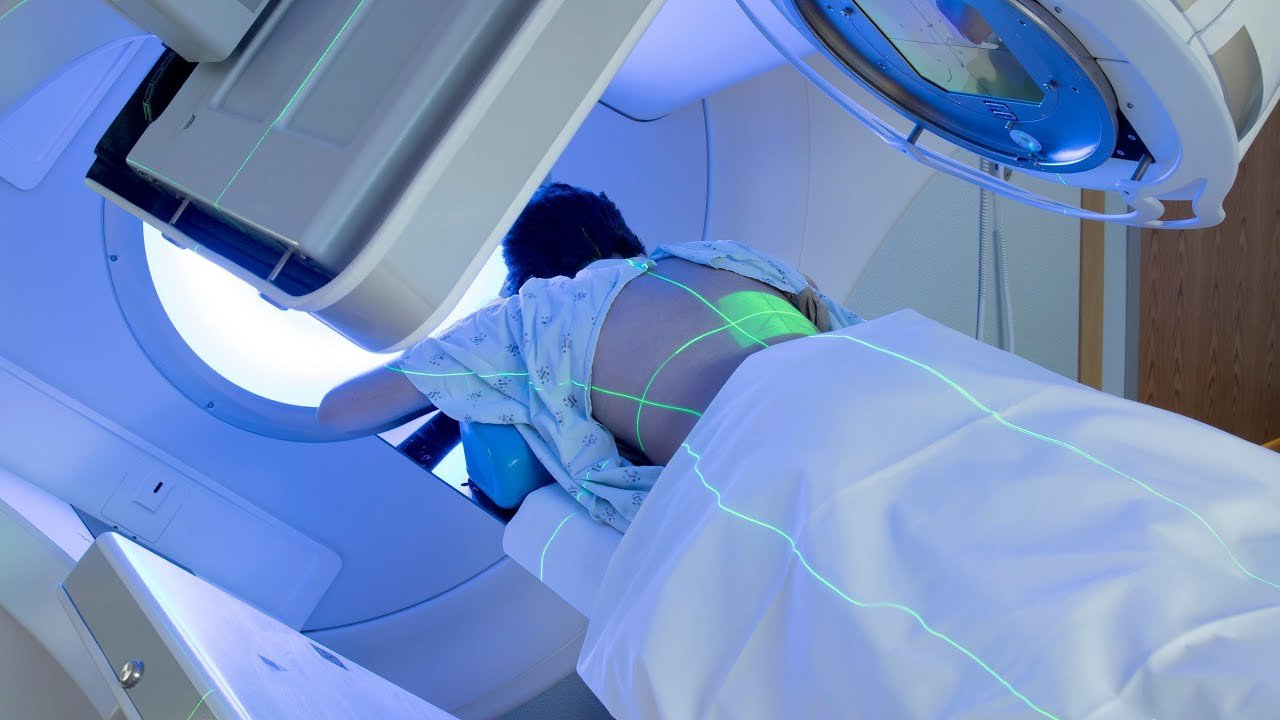Quick Summary
Researchers at The Clatterbridge Cancer Centre NHS Foundation Trust in Wirral are utilizing artificial intelligence (AI) to improve the accuracy of radiotherapy treatments for prostate cancer. The recently concluded PIVOTALboost study involved data from 2,232 patients across 49 healthcare centers in the UK.
Key Features and Insights
- Study Background: The PIVOTALboost study builds on earlier research from the Netherlands, specifically the FLAME clinical trial, which showed that a ‘boost’ dose of radiotherapy to the tumor nodule can enhance patient outcomes.
- AI Application: The research aims to standardize and refine the delivery of the boost dose using AI, potentially increasing clinicians’ confidence in targeting specific areas of the prostate.
- Trial Design: Participants were randomized to receive either standard radiotherapy or radiotherapy with a boost, with the trial assessing the effectiveness of a shorter, four-week treatment schedule compared to the eight-week schedule used in the FLAME trial.
Expert Commentary
Dr. Alex Batty, a clinical fellow at Clatterbridge, stated, “If the outcomes align with the FLAME trial, we could see a significant shift in prostate cancer treatment standards. AI tools like this could streamline workflows, save time, and improve patient outcomes.”
Future Directions
- The Clatterbridge Cancer Centre plans to apply a computer algorithm to MRI scans from trial participants, starting with those treated at their facility and at London’s Royal Marsden Hospital.
- Professor Isabel Syndikus, chief investigator of the project, highlighted the challenge of analyzing imaging data from 49 different trial centers but expressed optimism about establishing a robust AI program for prostate boost protocols.
Impact on Patient Care
- Preliminary findings suggest that AI-driven contouring could reduce inconsistencies in treatment planning, ensuring high-quality, evidence-based care for patients worldwide.
- Dr. Gillian Heap, director of research and innovation operations at CCC, emphasized the importance of collaboration in bridging innovative technology with clinical practice to enhance treatment for prostate cancer patients.
Conclusion
The analysis of the PIVOTALboost trial represents a significant step toward more accurate and effective treatment for high-risk prostate cancer, with the potential to improve patient outcomes through the integration of AI in radiotherapy.
